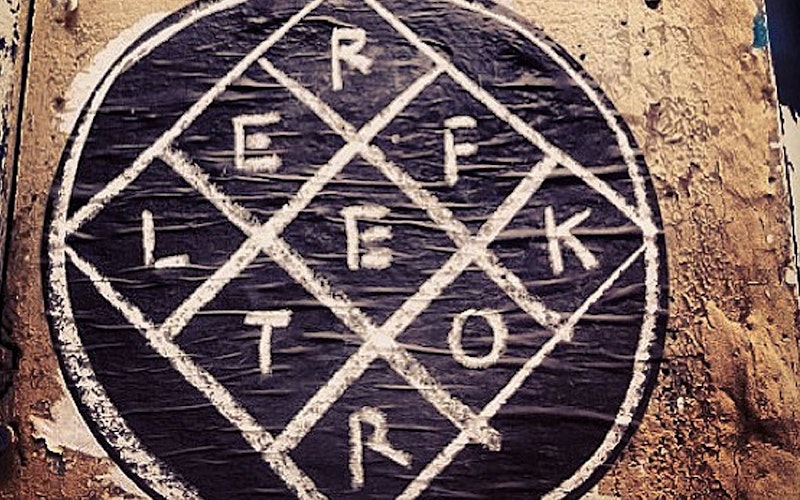
Music
Arcade Fire's Reflektor: reinvention on the dance floor
How does a critically acclaimed and fiercely beloved alternative band follow up on a breakthrough, commercially triumphant, Grammy-winning album? With a complete reinvention, of course. That’s exactly what Canadian alt-rock powerhouse Arcade Fire has done with Reflektor. And as with others before them, these new moves would be most at home on a dance floor.
The trick, of course, is protecting the artistic DNA that caught the fancy of fans in the first place. To dismiss Arcade Fire’s fourth album as an electronic dance music cash-in would be to completely miss the point. While they did conspire with James Murphy of LCD Sound System as their co-producer and do consciously reference the rhythmic ambience of a Haitian carnival experience, there is much more going on here than on any EDM record I have ever heard. Aspects of psychedelia, world music and even disco pound through the speakers with an echo that references everything the band has touched so far.
Much of the sense of continuity comes from the inimitably folky vocals of frontman Win Butler, but the resonance doesn’t end there. Lyrical reflections, though frequently obtuse, still hover around images of decay, descent, disillusionment and isolation with an unspoken inference that there is more to the story than we are being told. On Reflektor, the band zeroes in on the idea that all of this technological tethering is actually rendering us more isolated than ever. It’s not a new critique or observation, but the use of dance music as an example of a communal experience may be.
To dismiss Arcade Fire’s fourth album as an electronic dance music cash-in would be to completely miss the point.
Throughout Reflektor, Arcade Fire references the culture, climate and aesthetics of vocalist Régine Chassagne’s parents’ native Haiti. Elements of rara, a highly rhythmic type of street music that is closely connected with the Easter holiday and Holy Week in Haiti, bang up against elements of punk rock, folk, blues and even gospel. A slew of ambient numbers and source-recorded sounds and sound effects make the immersion into Arcade Fire’s world complete.
But unlike the very self-aware tribute nature of some world-music essays, such as Paul Simon’s Graceland, the picture painted of Haiti is often bleak, highly chaotic, very dangerous and unsettling. While there is certainly a great deal of respect for the beleaguered island, it is certainly not romanticized as some kind of utopia. The Haitian influences are also often more impressionistic than literal. The post-earthquake reverberations are more felt than seen. The experience is immersive, disorienting and at times very sad. The moments of lift, however, are transcendent.
There has always been a strong spiritual thread throughout Arcade Fire’s work, a fact that has lead some critics to label them as preachy. This seems to be the judgment pronounced upon any contemporary artist that dares to proclaim some things “good” and others “bad.” References to the afterlife, the power of music, the objectification of love and sex, the destructive seduction of fame, shallow expressions of religion and the emptiness of cheap, artificial “community” all collide on a metaphysical dance floor. The result is a sweaty sonic experience that I look forward to plumbing for meaning for many months to come.
One of Arcade Fire’s first concerts was at a progressive Christian festival in New England called SoulFest. Though the band has left certain clues about their underlying spiritual framework, such as an admiring reference to the writings of the Christian philosopher Søren Kierkegaard in Rolling Stone, the particulars of their theology remain abstract at best. It may not be too far from the mark, however, to compare Arcade Fire’s artistically imaginative and soul-stirring sound, as well as their potential influence on a non-religious public, to a certain four-piece band from Dublin that also, at one point, embraced dance music.
Topics: Music, Culture At Large, Arts & Leisure